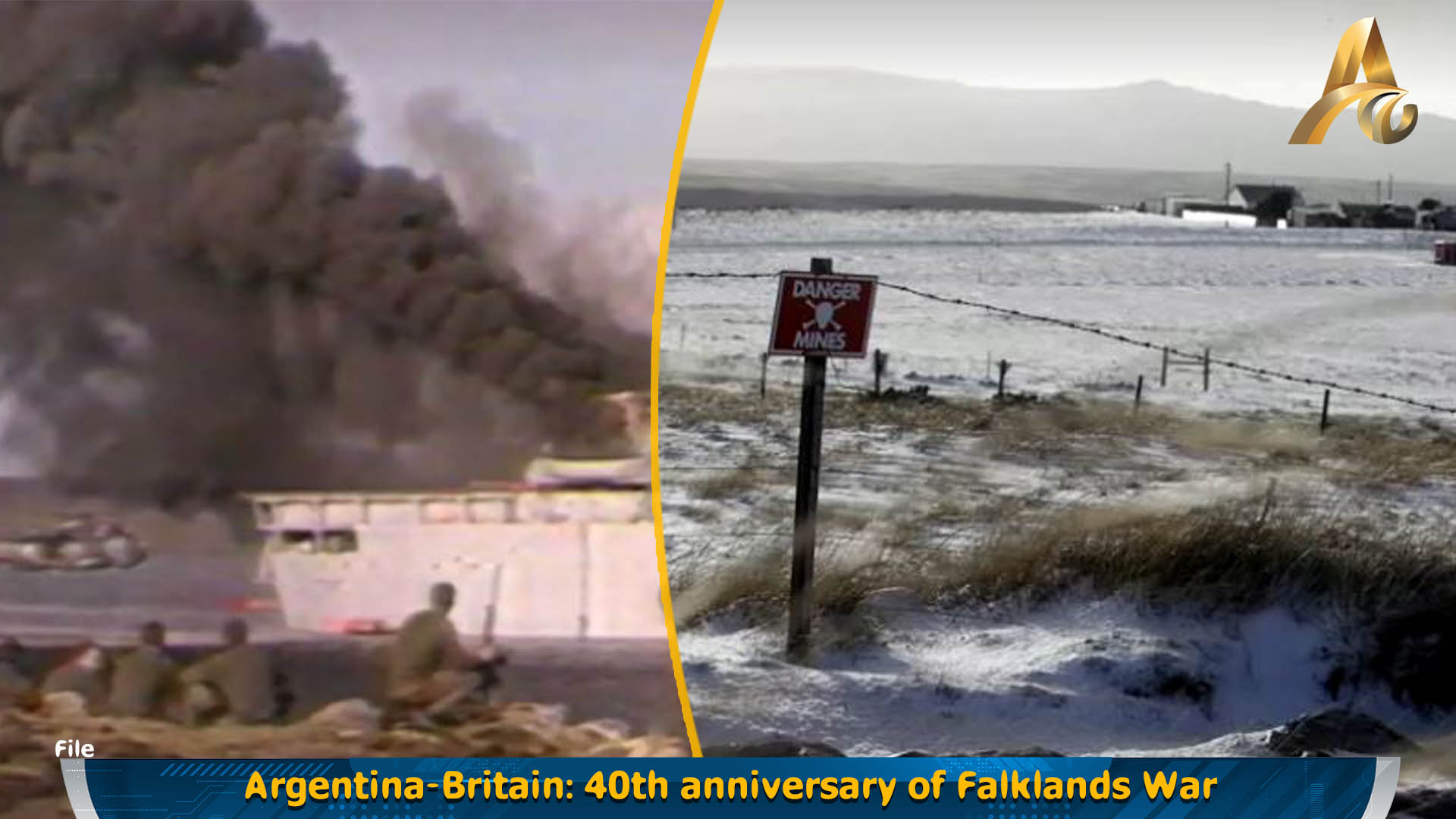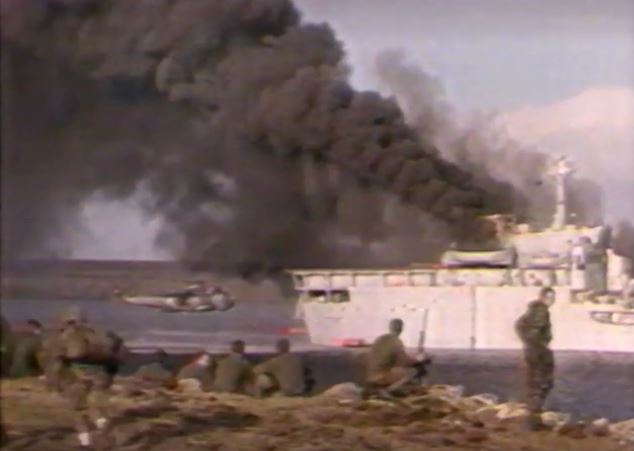INTERNATIONAL: Four decades have passed since the beginning of the Falkland War, the conflict between Argentina and the UK over the sovereignty of the islands, known as the Malvinas in Argentina.
The Falklands war began when Argentine troops landed on the islands on April 2, 1982, and ended 74 days later with their surrender.
Britain had controlled the islands, about 300 miles (480 km) off the southern Argentine coast, since 1833 and refused to negotiate with Argentina over its claim of sovereignty over the territory.
The British government dispatched a naval task force to reclaim the islands, which lie 8,000 miles (12,700 km) from London.
During the conflict more than 900 people lost their lives, including approximately 650 Argentine and 255 British troops, and three Falkland Islanders.
Argentina's president at the time of the invasion, Leopoldo Galtieri, seemed confident of his country's military capability and ability to fight off the British in the South Atlantic.
"If they want to come, let them come. We will give them a battle," he told a huge crowd to loud cheers.
Three days after the Argentine surrender, General Galtieri was forced to resign as President and Army Commander.
He and other junta leaders were tried for human rights crimes shortly after democracy was restored to the country in 1983.
He was cleared of rights charges but jailed for his handling of the conflict and later pardoned. Galtieri died in January 2003.
The then-British Prime Minister Margaret Thatcher visited the islands in January 1983, a move condemned by Buenos Aires.
She returned to the islands for the 10th anniversary of the conflict, and received an enthusiastic welcome from the islanders.
The final landmines on the Falkland Islands in the South Atlantic have been cleared, Britain said in 2020, nearly 40 years after they were laid by Argentine forces when they seized the British territory.
PHOTO: PLEASE NOTE: THIS EDIT CONTAINS NO FRESH MATERIAL
























